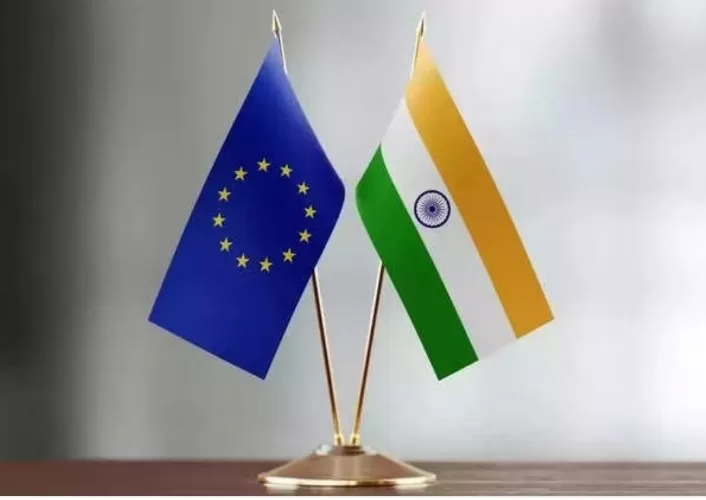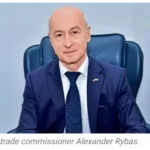European Union Member States are fervently pursuing a free trade agreement with the Indian subcontinent, contingent upon securing substantive access to India’s domestic markets. This profound aspiration was articulated by Spanish Deputy Trade Minister Xiana Mendez during a summit conducted under the aegis of her nation’s European Council presidency.
The motivation behind this ambitious endeavor lies in its potential to create a significant counterweight to the escalating influence of China in the Indo-Pacific region. However, the European Union has, to date, deemed India’s initial propositions for such an agreement as insufficiently robust to facilitate the establishment of a comprehensive accord.
Minister Mendez underlined the critical importance of unambiguous market access, recognizing that without such access, the proposed agreement would be rendered ineffectual. In essence, the EU seeks to broaden its presence in India, particularly in sectors such as automotive trade, alcoholic beverages, and agri-food products, notably including cheese.
Conversely, India’s priorities lie in obtaining expedited visa access for its professionals to the European Union, with a greater emphasis on services. As this complex and intricate negotiation unfolds, the EU envisions that the agreement could potentially pave the way for a more balanced economic and geopolitical landscape in the Indo-Pacific.
Furthermore, it is worth noting that the European Union anticipates finalizing a comprehensive agreement with the United States concerning steel trade by the close of this year. This endeavor aims to resolve long-standing trade issues and promote environmentally sustainable practices within the steel industry.
In conclusion, these negotiations reflect the intricate intricacies of international trade and diplomacy, where the pursuit of strategic interests and access to lucrative markets take center stage.






